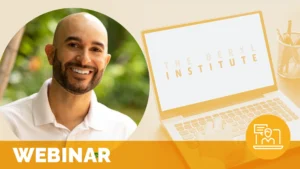Wait Times, Patient Perceptions and their Impact on the Patient Experience

Conducted by the Department of Radiology and Imaging Sciences at Emory University, the goal of this study was to assess differences in actual and perceived wait times among patients receiving outpatient MRI services at Emory University’s Winship Cancer Institute. By learning more about the patients’ perceptions of their wait, it may be possible to manage those perceptions and potentially increase patient satisfaction. Perceptions of wait time are particularly important in test and treatment areas such as Radiology where patients have no interaction with their physician.
Related content
-
 Environment & Hospitality | Patient Family & Community Engagement
Environment & Hospitality | Patient Family & Community EngagementWhere are my things? An Introduction & Application Tutorial
Does your organization struggle with managing patient belongings? If so, join us for “Where are my things?”, an introduction to our latest publication highlighting best practices for safeguarding patient valuables and essential items in hospitals. This tutorial will provide you with a collection of tips and proven methods to apply in your organization to address
Learn more -
 Environment & Hospitality | Patient Family & Community Engagement
Environment & Hospitality | Patient Family & Community EngagementDesigning for Pediatric Patient Experience: Expert Insights and Innovations in the Healthcare Built Environment
Incorporating patient-centered and participatory design into healthcare environments is a key strategy for creating spaces that are both supportive and functional. Engaging patients and their families in the design process ensures that these environments meet their specific needs and preferences, ultimately leading to better patient outcomes and experiences. This report shares the essential elements related
Learn more -
 Environment & Hospitality
Environment & HospitalityWe’re Not Going to Relieve All the Anxiety, but We Can Relieve Some: The Impact of Volunteers in Healthcare
Amy Kwiatkowski, Director of Community Experience, sits down to speak with Cheryl Call, Director of Volunteers and Language Services at Utah Valley Regional Medical Center, whose career in volunteer services in healthcare has spanned over two decades. Listen in as Call emphasizes the importance of volunteer engagement in enhancing the patient experience, discusses effective strategies
Learn more
